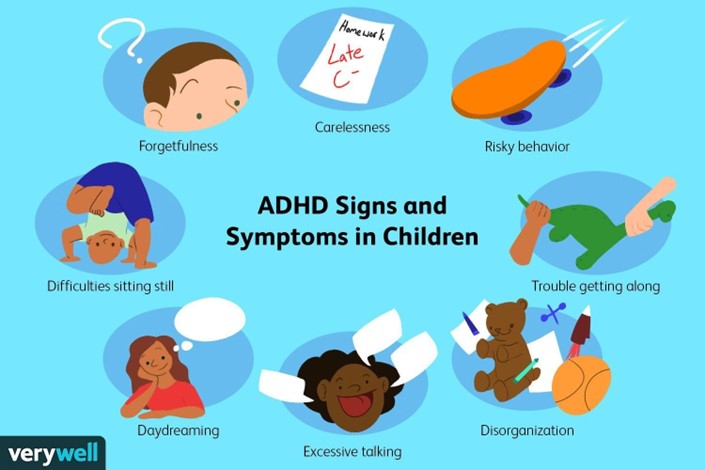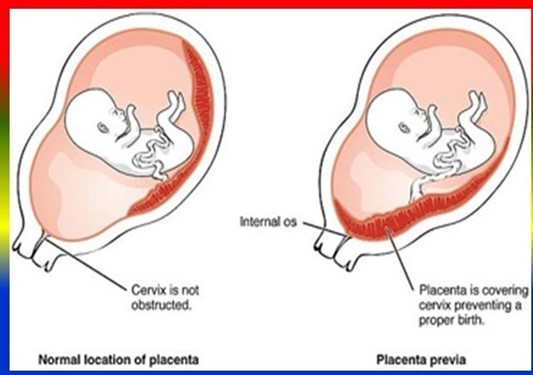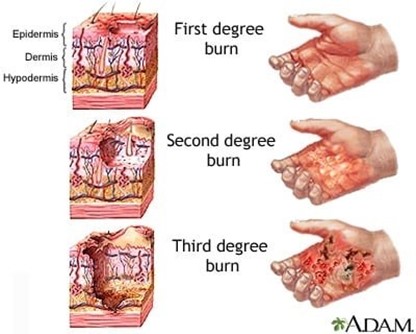The practical nurse (PN) is discussing attention deficit hyperactivity disorder (ADHD) with the mother of a 7- year-old student newly diagnosed with the disorder. Which intervention should the PN suggest as most effective in managing the symptoms of ADHD?
Provide a structured daily routine.
Consult with a licensed kinesiologist.
Institute a regimen of mega-vitamins.
Eliminate dietary simple sugars.
The Correct Answer is A
Providing a structured daily routine is the most effective intervention for managing the symptoms of ADHD. Children with ADHD benefit from routines that include consistent times for meals, homework, play, and bedtime. This provides structure and predictability, which can help to decrease anxiety and improve the child's ability to focus.
Consulting with a licensed kinesiologist (B) or instituting a regimen of mega-vitamins (C) have not been found to be effective interventions for managing the symptoms of ADHD.
Eliminating dietary simple sugars (D) has also not been found to be an effective intervention for managing the symptoms of ADHD.

Nursing Test Bank
Naxlex Comprehensive Predictor Exams
Related Questions
Correct Answer is A
Explanation
This can offer a safe place for her and her unborn child. The shelter can also provide resources for counseling and legal assistance if needed.
The safety plan and restraining order are important measures, but the priority should be to ensure the client's immediate safety.
The visit summary documenting the report of abuse is also important, but it should not be the only information provided to the client.

Correct Answer is B
Explanation
The priority action for the practical nurse (PN) to take while caring for a client that has just arrived in the emergency department with 2nd degree thermal burns to the right thigh, lower leg and foot, and reports severe pain in the right leg is to remove clothing and cover the burned area with a cool damp cloth. This will help to cool the burn and reduce pain.
Anticipating rehydration of 1000 mL/6 hr. with normal saline (Option A) is an important intervention for burn patients, but it is not the first priority. Completely flushing the burned area with water or sterile saline (Option C) may be appropriate in some cases, but it is not the first intervention that should be implemented. Collecting data such as vital signs, blood gases, height and weight (Option D) is also important, but it is not the first priority.

Whether you are a student looking to ace your exams or a practicing nurse seeking to enhance your expertise , our nursing education contents will empower you with the confidence and competence to make a difference in the lives of patients and become a respected leader in the healthcare field.
Visit Naxlex, invest in your future and unlock endless possibilities with our unparalleled nursing education contents today
Report Wrong Answer on the Current Question
Do you disagree with the answer? If yes, what is your expected answer? Explain.
Kindly be descriptive with the issue you are facing.
